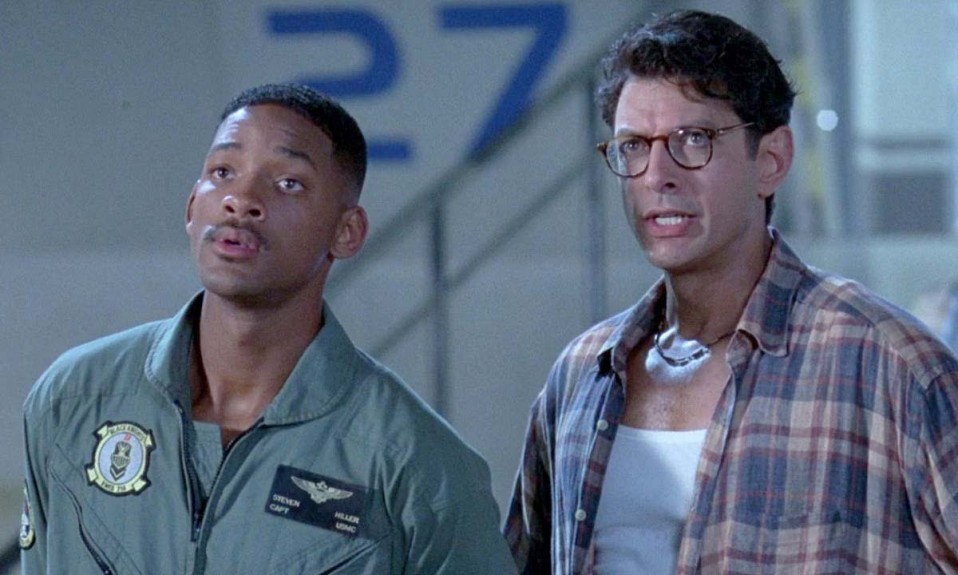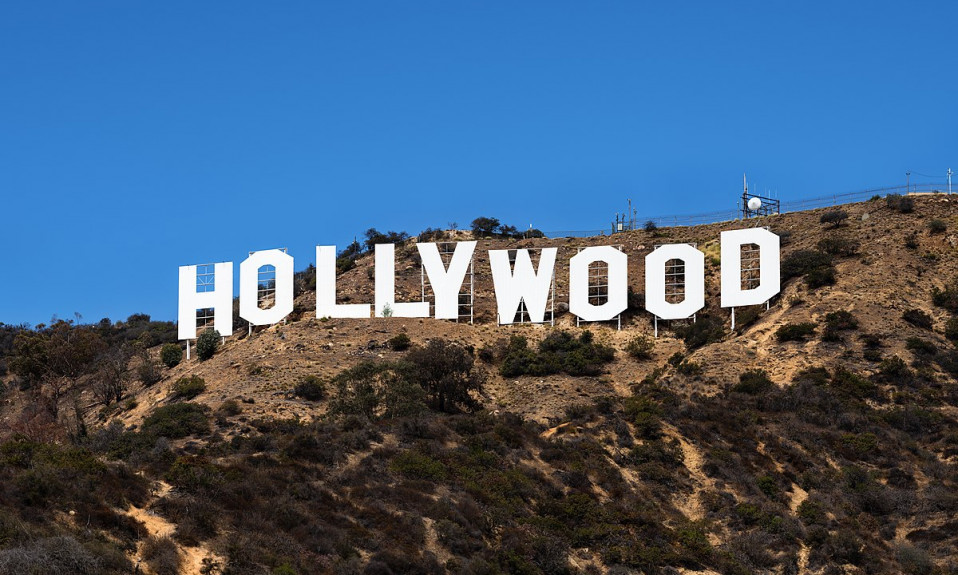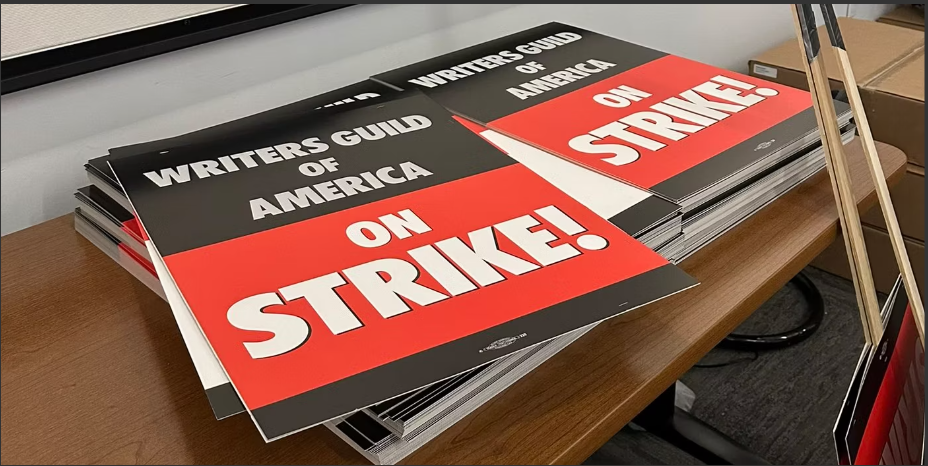What do the headquarters for the United States Department of Defence and Shia LaBeouf have in common?
Not a great deal actually apart from the fact that the above-mentioned department, also known as The Pentagon, worked closely with Michael Bay on 2007’s Transformers: Revenge of the Fallen, which LaBeouf also starred in. The term “worked closely” might be a slight understatement as, in exchange for the use of military grade weapons and real personnel as extras, the Pentagon had a huge influence on the final script.
This isn’t a new phenomenon. In fact, the Pentagon and US Military have been backing productions since the beginning of Hollywood itself. The very first Academy Award in 1929 was won by Wings, a movie heavily supported by the Pentagon. But is this influence a positive one? Despite the fact that production companies are paying for the use of military equipment and locations, the Pentagon still gets the final say on which films get the go-ahead. Dr Strangelove or How I Learned to Stop Worrying and Love the Bomb, unsurprisingly, did not get Pentagon approval. Perhaps they had an issue with the General’s “unorthodox” way of getting a nuclear attack organised!
When you consider that military provisions are technically “owned” by the tax-paying public, surely the military should not get this level of control and a degree of impartiality should remain?
Unfortunately, this doesn’t seem to be the case. In David Robb’s book Operation Hollywood he highlights both the humorous and disturbing elements of the military’s special interest within the film industry. One such instance is the nationality of an Admiral in the James Bond Movie GoldenEye changing from American to Canadian because he was perceived as too incompetent. Laughable, right? However, this level of influence gets more sinister as Robb shows when he discusses the film Thirteen Days. This movie focused on the Cuban missile crisis but was rejected by the Pentagon due to its depiction of Generals being in favour of invading Cuba. The issue? This depiction was based on actual taped discussions from within the White House at the time. In this instance, the director, Kevin Costner, refused to make the changes but it is frightening to consider how many directors have accepted the Pentagon’s ‘revised’ version of events simply to get their movie made.
With the development of special effects, directors are not as reliant on the military backing as they used to be. Independence Day was denied Pentagon funding because Will Smith’s character was dating a stripper, something that was simply unacceptable for a member of the military (*cue eye rolls*) The production company’s response? They just did it themselves; technology had developed to such a point that the backing was not needed.
So what does the military get out of this financial backing of Hollywood blockbusters other than a mention in the end credits? It is said that recruitment in the Navy went up by 400% after the release of Top Gun (another backed film). Yet, now the films being given funding are largely aimed at children (Transformers, Iron Man and G.I Joe.) Is this an attempt to make war look fun? A new way of upping those recruitment figures? It is alarming and does not present the idea of special interest groups in a positive light.
Perhaps it is interesting to note the positive outcomes from the lack of involvement from a particular interest group. Gabriela Cowperthwaite intended to document why SeaWorld was so successful and how it kept families returning time and time again. However, when SeaWorld refused to be involved in her project so began their downfall as it led to her uncovering ‘the dark side of SeaWorld’ in the hugely successful 2013 documentary Blackfish. Many positive changes have occurred since the release, most recently top UK travel agent Thomas Cook have said they will no longer sell tickets to the park.
Of course, there can be positive outcomes from outside influences in the film industry. Slowly, but surely, there are more LGBTQ+ voices being heard in Hollywood, along with people of colour. Gay rights activist, Ronald Nyswaner wrote the 1993 film Philadelphia which was seen as groundbreaking at the time in its portrayal of the homophobia surrounding HIV/AIDS. Oprah Winfrey, who can be considered an institution in herself, became involved in the 2014 film Selma as producer and Ava DuVernay, a woman of colour, as director who had to allegedly rewrite 90% of Paul Webb’s original script. Although these aren’t outside ‘groups’, their influence and experience had a positive impact on the productions.
Special interest groups tend to want a particular image to be projected, the military is an apt example of this. Unlike product placement which aims to reach new audiences but not necessarily influence their viewpoint, the involvement of special interest groups can have a suffocating effect on the creativity that the film industry should ultimately inspire. While the influence of activists and minority groups can definitely bring a positive contribution to a production, perhaps the military should stick to what it knows rather than wading into Hollywood. But don’t expect them to loan anyone their fighter planes!













